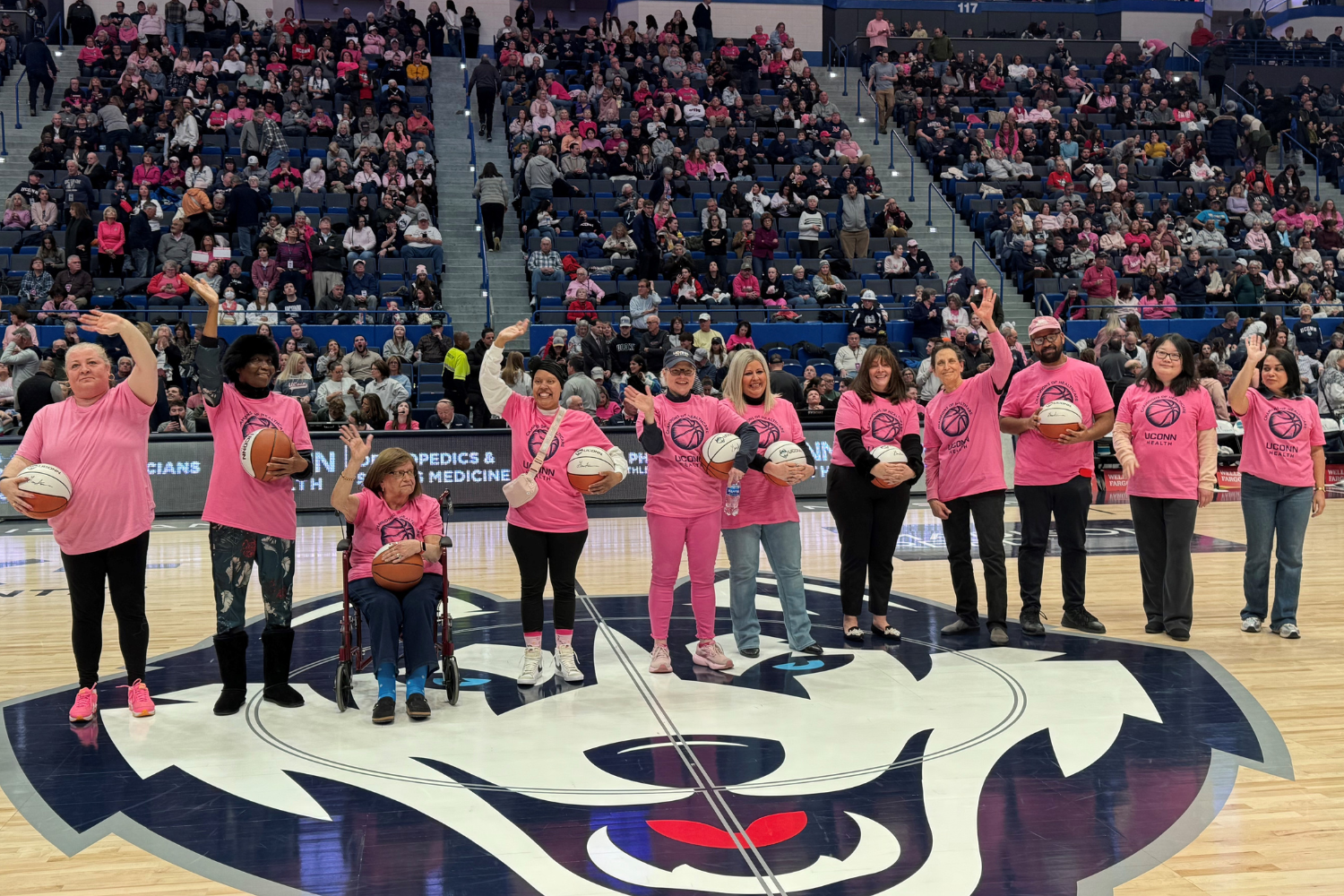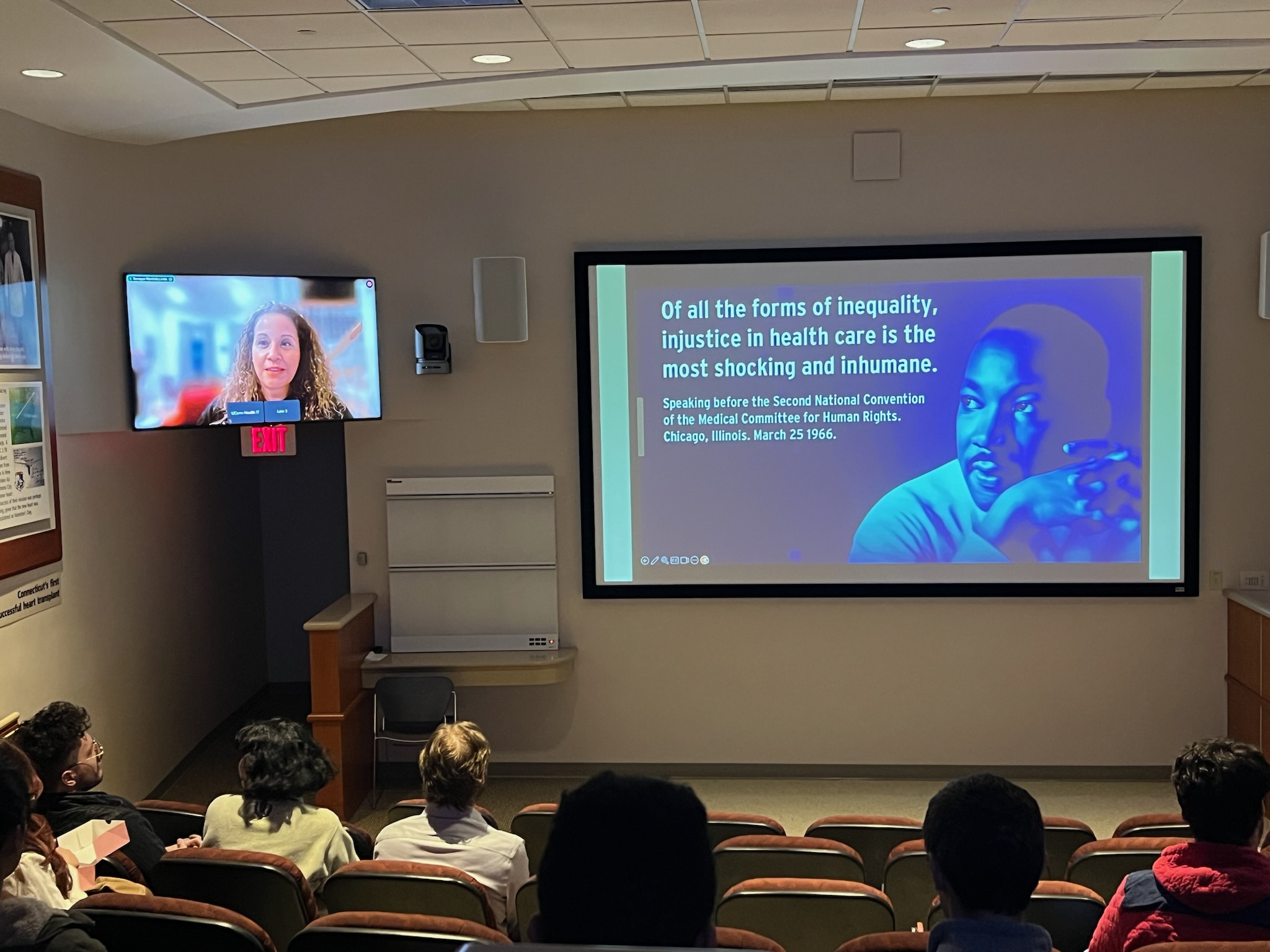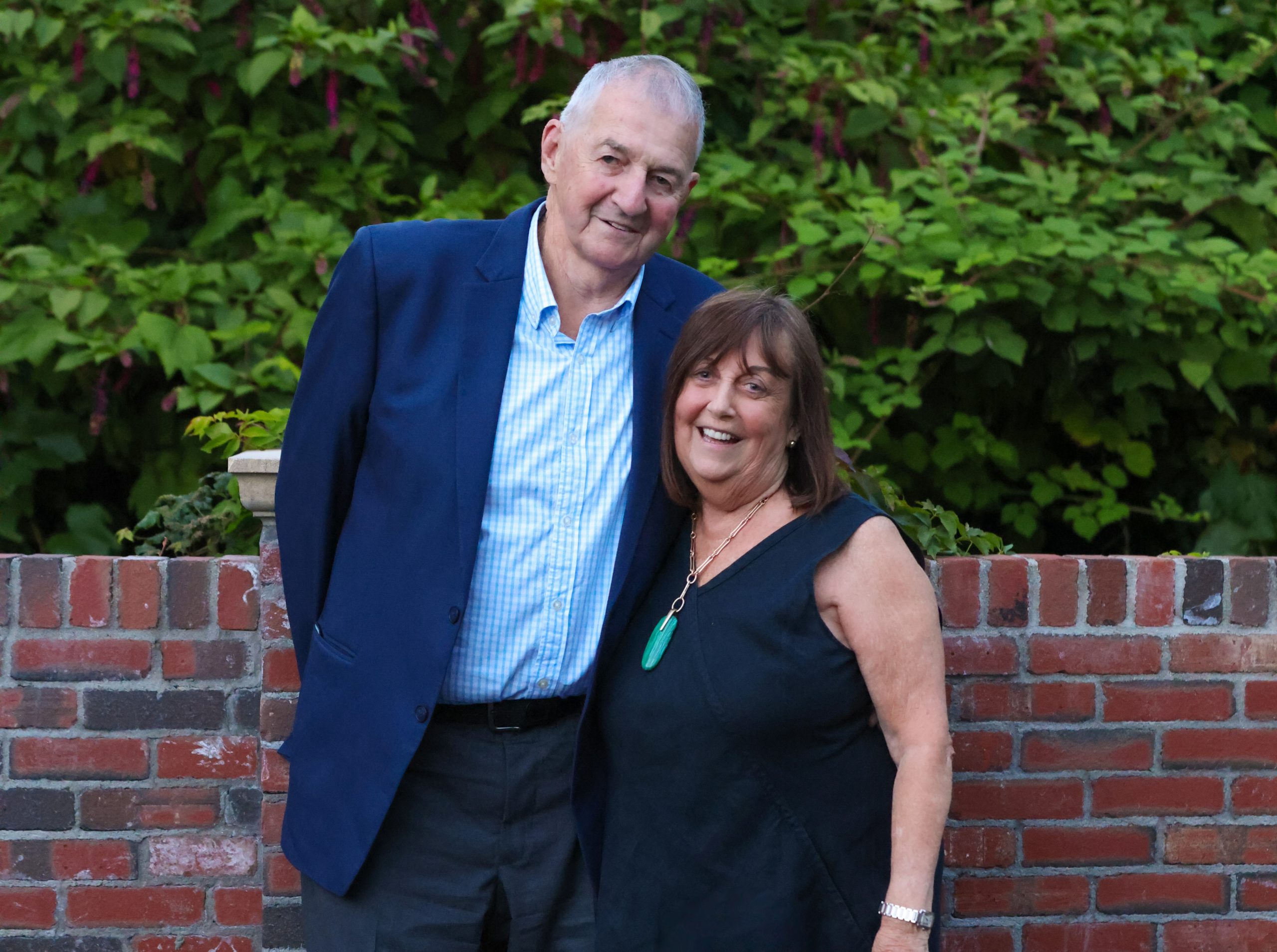Dr. Jane Ungemack has studied substance abuse and at-risk youth since joining the University of Connecticut School of Medicine in 1995. The majority of her work has been done hand-in-hand with state agencies, supporting their work and testing the effectiveness of potential solutions to tough public health challenges. UConn Today took the opportunity to chat with Ungemack as she celebrates her retirement and looks back on more than 40 years in data driven public health research.
Q: How did you first become interested in public health and substance abuse research?
I got my undergrad degree in 1972, and my first job was at Columbia University in their School of Public Health, working on one of the very first studies of adolescent drug use! Both alcohol and marijuana. It was national, grew to be international in scope.
I loved the research. It motivated me to pursue my doctorate in public health. I started at UConn in 1995 as an Assistant Professor and have stayed an Assistant Professor—writing reports and working with state agencies does not commend itself to peer review and promotion, even though I’ve been a PI on over 40 projects. I’ve been very good at securing funding.
I received my doctorate in 1991, had children in the 1980s and worked part-time, but I’ve done research non-stop since I started at Columbia University.
Q: What has been the primary focus of your work through the years?
I’m a health services researcher, looking at behavioral health, especially substance abuse, adolescent substance abuse, and substance abuse prevention. I’ve taken my skills as a researcher to apply to immediate social problems and to look for the solutions to those problems. I collect all kinds of data: surveys, treatment data, mortality data, qualitative data from interviews.
Instead of waiting decades to apply research to social problems, my work is intended to inform practice in the short-term. There is more immediate gratification in that!
Q: Which CT state agencies have you worked with?
The Department of Children and Families (DCF), Department of Mental Health and Addiction Services (DMHAS), the Office of Early Childhood (OEC) and the Judicial Branch. My work has focused on needs assessments to estimate the need for substance use treatment services, evaluations of innovative services to improve treatment recovery, collected data relevant to preventing adverse childhood experiences. I’ve also worked with the courts, DCF and DMHAS to evaluate inter-agency collaboration to prevent removal of children from parents due to substance abuse.
Currently I am funded by DMHAS' Center for Prevention and Statistics to promote the use of behavioral health data in the state. This puts UConn Health’s Department of Public Health Sciences and our researchers right in the center of the State's efforts to reduce substance misuse.
Q: Which part of your work are you most proud of?
One that I am most proud of is the adolescent substance abuse program ‘Strengthening Communities for Youth’. We tested two adolescent substance abuse treatment models that DCF adapted to Connecticut's service system. These two models were successful, innovative, in-home models, involving the family that became the core of DCF's adolescent treatment services. DCF has been incredibly innovative in developing interventions working with the model developers. In my opinion, it has one of the best adolescent substance abuse treatment programs in the country; I am proud of being part of that team.
Q: What kept you motivated through all these years?
I love the problem solving aspects of research. Never boring, you always have to be creative, and think out of the box. I’ve always been stimulated. And the work is so satisfying. I see my data turn into new programs, or support policy: to me, that is really serving the needs of the public.
Q: Do you think there is further opportunity for researchers skilled in data to collaborate with the state?
Yes. Agencies need assessments and evaluations to support policy and decision making. Increasingly, Federal funders are pushing states toward data-driven decision making. You have to justify the need for the funds they might provide with good, hard numbers. This increasingly creates opportunities for state agencies to collaborate with academics who have the skills in data to support them.
Winning Competitive Federal Funds
Former DCF Director of Substance Abuse Services Peter Panzarella says of Dr. Ungemack, “It was a great benefit to DCF and the state of CT in being able to win competitive federal funds from the Substance Abuse and Mental Health Services Administration, Administration for Children and Families, and others. Her expertise as an evaluator in the area of substance use disorders with adolescents enabled DCF to receive millions of dollars in funding to implement and evaluate evidence based approaches in CT. She also became involved in evaluating programs and services for parents with substance use disorders and child welfare.
This enabled a number of innovative projects at DCF and more competitive federal funds. She was a key member of a group that consisted of DCF, DMHAS and Judicial.
Jane was a great collaborator and generous with staff and resources. She helped work with stakeholders across state agencies, providers and other academics,” Panzarella says



